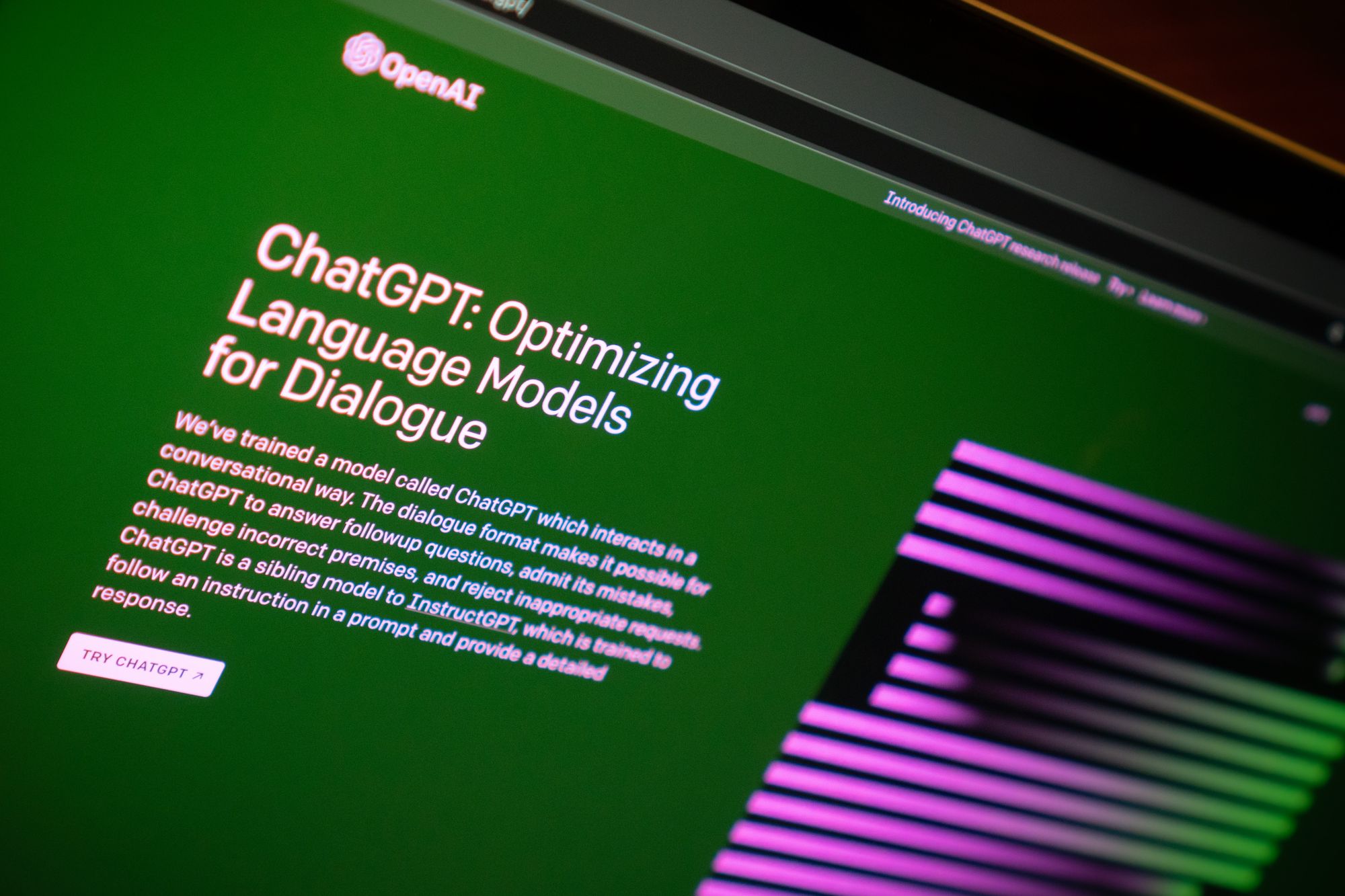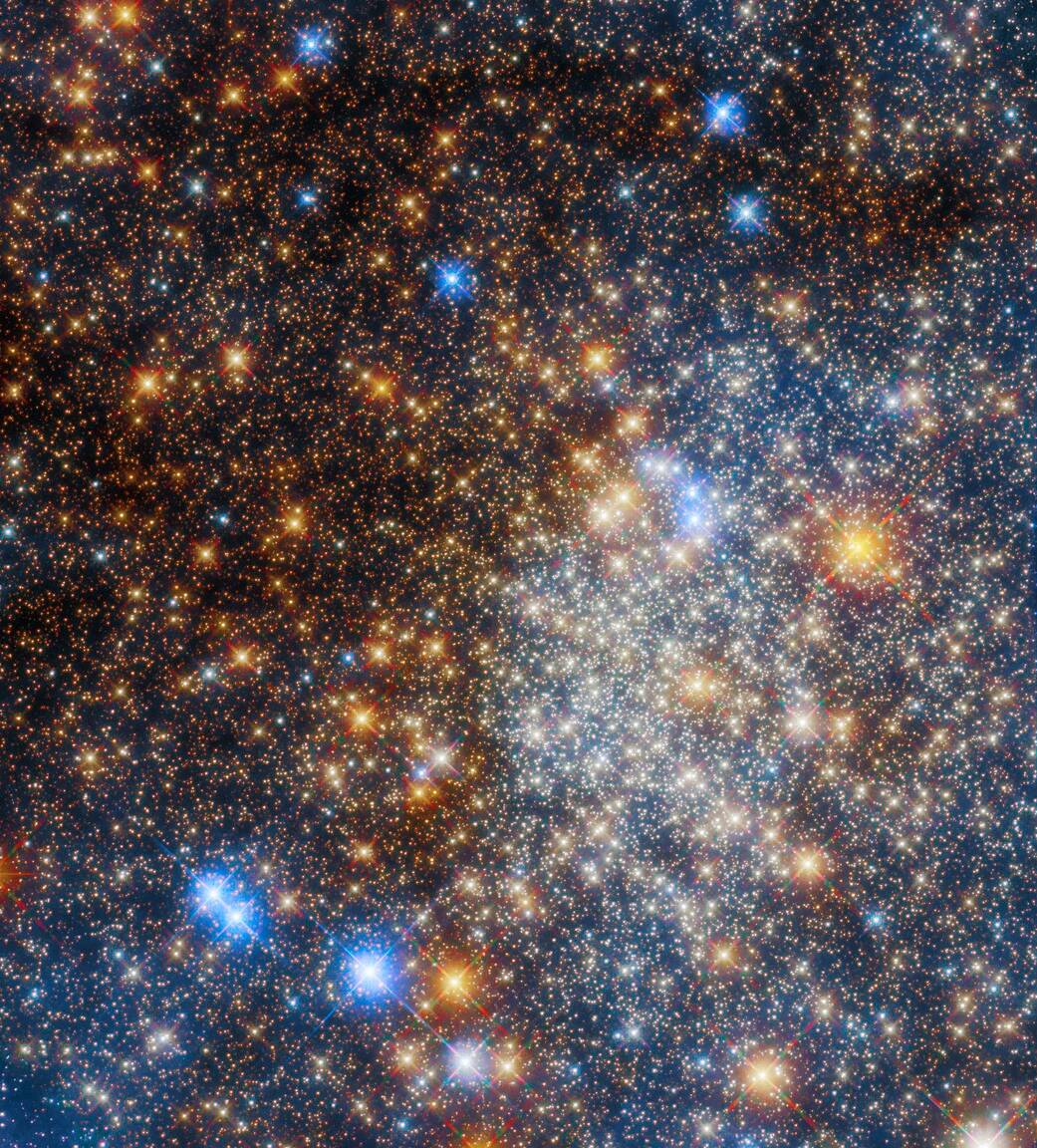Exclusive: ChatGPT traffic slips again for third month in a row
By Anna Tong | Reuters

Sept 7 (Reuters) - OpenAI's ChatGPT, the wildly popular artificial intelligence chatbot launched in November, saw monthly website visits decline for the third month in a row in August, though there are signs the decline is coming to an end, according to analytics firm Similarweb.
Worldwide desktop and mobile website visits to the ChatGPT website decreased by 3.2% to 1.43 billion in August, following approximately 10% drops from each of the previous two months. The amount of time visitors spent on the website has also been declining monthly since March, from an average of 8.7 minutes on site to 7 minutes on site in August.
But August worldwide unique visitors ticked up to 180.5 million users from 180 million.
School coming back into session in September may help ChatGPT's traffic and usage, and some schools have begun to embrace it. U.S. ChatGPT traffic in August rose slightly, in concert with American schools being back in session.
How I Created an AI-Generated Trailer
by Ellenor Argyropoulos | AR Insider
Film trailers aren’t built in a day. But before I get stuck into the details, let me briefly introduce myself.
I’m Ellenor, an Aussie at heart, but LA has been home for quite some time now. Directing and producing is my jam, and I proudly co-run Mermaid Toast, a female-driven production agency. With 15 years in commercials and shorts, I’m now juggling prepping a variety of long-form projects with the 400-odd cups of coffee I had during the making of the trailer, Echoes of Sand and Stone. Creativity needs fuel.
The idea for this trailer came from spending the past 8+ months conceptualizing a future ancient and Egyptian world in Midjourney. From there I started sharing images on Instagram; and then as an exercise, building short stories about each of the characters I created.
Before I got to the trailer, I had a whole story synopsis and outline formed. It was important to get the most cinematic results possible, so let’s talk about how I got there. In making the trailer, I went back and forth, tweaked, replaced, and sometimes, even started from scratch.
IRS will use AI to crack down on wealthy potential tax violators
by Jacob Knutson | Axios

The latest artificial intelligence area of use: tax collection among the nation's wealthiest.
Why it matters: The Internal Revenue Service (IRS) said it will start using AI and other tools to detect tax violations by high-income earners and large business partnerships
-
The IRS said Friday it leveraged AI to open investigations into 75 of the largest partnerships in the U.S. that each have more than $10 billion in assets on average.
-
Machine learning tech helped identify the targets, which include hedge funds, real estate investment partnerships and law firms, while seeking threats to the tax system in a segment that's historically seen limited scrutiny, the service said.
🌙 NASA - Best Photo from Last Week
Hubble Sees Glittering Globular Cluster Embedded Inside Our Milky Way

This colorful image of the globular star cluster Terzan 12 is a spectacular example of how dust in space affects starlight coming from background objects.
A globular star cluster is a conglomeration of stars, arranged in a spheroidal shape. Stars in globular clusters are bound together by gravity, with a higher concentration of stars towards the center. The Milky Way has about 150 ancient globular clusters at its outskirts. These clusters orbit around the galactic center, but far above and below the pancake-flat plane of our galaxy, like bees buzzing around a hive.
The location of this globular cluster, deep in the Milky Way in the constellation Sagittarius, means that it is shrouded in gas and dust which absorb and alter the starlight emanating from Terzan 12. The cluster is about 15,000 light-years from Earth. This location leaves a lot of room for intervening interstellar dust particles between us and the cluster to scatter blue light, causing only the redder wavelengths to come through to Earth. The interstellar dust clouds are mottled so that different parts of the cluster look redder than other parts along our line of sight.
The brightest red stars in the photo are bloated, aging giants, many times larger than our Sun. They lie between Earth and the cluster. Only a few may actually be members of the cluster. The very brightest hot, blue stars are also along the line of sight and not inside the cluster, which only contains aging stars.
Terzan 12 is one of 11 globular clusters discovered by the Turkish-Armenian astronomer Agop Terzan approximately a half-century ago. With its sharp vision, Hubble has revolutionized the study of globular clusters ever since its launch in 1990. Hubble observations have shed light on the relation between age and composition in the Milky Way galaxy's innermost globular clusters.
The Hubble Space Telescope is a project of international cooperation between NASA and ESA. NASA's Goddard Space Flight Center in Greenbelt, Maryland, manages the telescope. The Space Telescope Science Institute (STScI) in Baltimore, Maryland, conducts Hubble science operations. STScI is operated for NASA by the Association of Universities for Research in Astronomy, in Washington, D.C.
Image Credit: NASA, ESA, ESA/Hubble, Roger Cohen (RU)
Media Contacts:
Claire Andreoli
NASA's Goddard Space Flight Center, Greenbelt, MD
claire.andreoli@nasa.gov
Ray Villard
Space Telescope Science Institute, Baltimore, MD
Bethany Downer
ESA/ESAHubble.org
Last Updated: Sep 7, 2023
Editor: Andrea Gianopoulos


Disclaimer: None of the content in this newsletter is meant to be financial advice. Please do your own due diligence before taking any action related to content within this article.
Disclaimer: Unbound is reader-supported. When you buy through links on our site, we may earn an affiliate commission.






